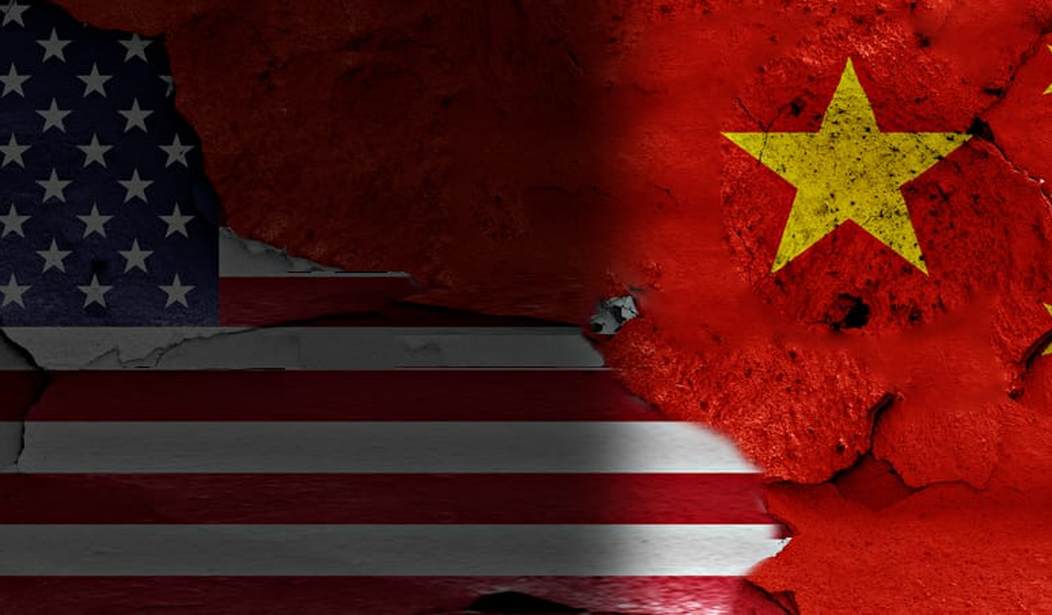President-elect Trump’s brief telephone call with Taiwanese President Tsai Ing-wen drew a stronger reaction from the American mainstream media than it did from Beijing. The official China Daily entitled its editorial yesterday “No need to over-interpret Tsai-Trump phone call,” writing:
For Trump, it exposed nothing but his and his transition team’s inexperience in dealing with foreign affairs. If he could make the unusual action due to lack of proper understanding of Sino-US relations and cross-Straits ties he will have to recognize the significance of prudently and appropriately addressing these sensitive issues after being inaugurated.
Is Beijing just trying to put a good face on a troubling situation? Probably not, according to some perspicacious China analysts. The military balance in the region has shifted towards China’s favor since 1996, when Bill Clinton sent two aircraft carriers into the Taiwan Straits in response to Chinese missile tests. Beijing thinks the “Taiwan card” is a busted flush.
First, China probably has two different ways to sink an American carrier, through quiet diesel-electric submarines, and with carrier-killer surface-to-ship missiles. There is some controversy about China’s ability to hit a moving target in open ocean, but if China cannot do so now, it likely will develop the capacity soon.
Second, China will acquire Russia’s S-400 air defense system, with a 400-kilometer range that can sweep the skies over Taiwan. The Russian system can handle 100 targets simultaneously. The system probably will not be in place until 2018, but China is patient. Within a few years China probably will have the capacity to control both the surface and the air around Taiwan.
America, to be sure, has a variety of prospective countermeasures. Lasers and rail guns eventually may be able to defeat surface-to-ship missiles, and carrier-based drones may extend the range of U.S. carriers beyond the 800-mile range of China’s DF-21D missile. But funding for these and other programs is inadequate to reverse China’s growing advantage in the foreseeable future.
That is certainly how China’s position is understood by America’s erstwhile allies in the region. Philippines President Rodrigo Duterte said in Beijing Oct. 20, “Both in military, not maybe social, but economics also, America has lost.” Speaking to Chinese officials at the Great Hall of the People, Duterte said, “In this venue, your honors, in this venue, I announce my separation from the United States.”
America can restore its strategic advantage, but it will need a determined and comprehensive national effort to do so.










Join the conversation as a VIP Member